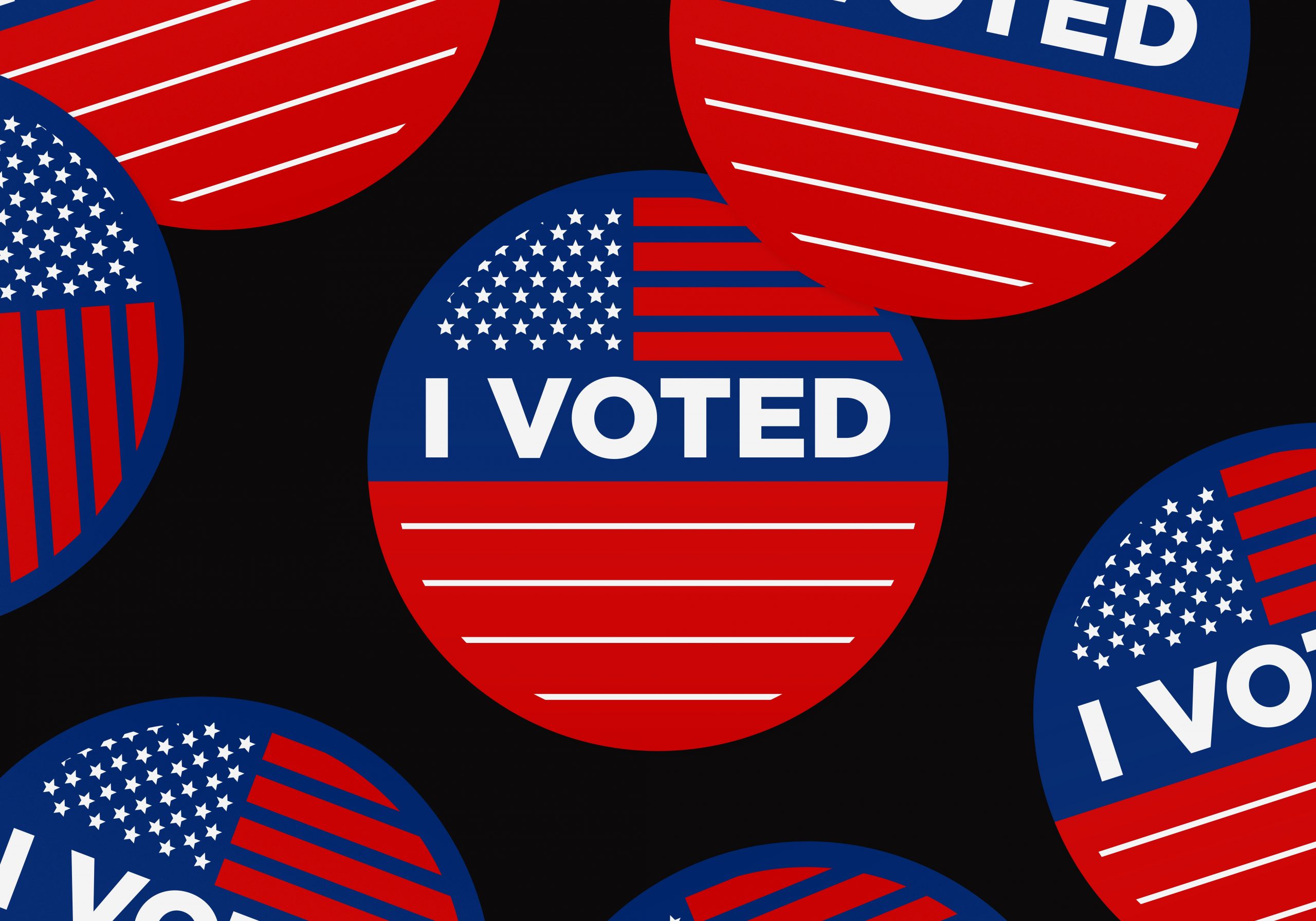Our office has been eagerly awaiting the release of the October visa bulletin which ushers in the beginning of a brand-new fiscal year. As our readers will know, a lot has been happening in the world of immigration.
Since March of 2020, U.S. Consulates and Embassies nationwide have suspended routine visa services to the public amid the Coronavirus pandemic. To make matters even more complicated, the President issued a series of Presidential Proclamations suspending the issuance of immigrant visas for most family-sponsored preference categories with limited exceptions including spouses and minor children of United States Citizens. In this post we cover the good, the bad, and the ugly of the release of the October 2020 visa bulletin.
THE BAD AND THE UGLY –
Most Family Sponsored Categories Unable to Obtain Immigrant Visas Due to Consular Closures and Presidential Proclamations
For the most part, nearly all family-sponsored categories on the visa bulletin are impacted by the Presidential Proclamations and individuals impacted cannot obtain an immigrant visa at the U.S. Consulate until the Proclamations terminate on December 31, 2020.
What Family Preference Categories are Impacted?
Presidential Proclamations 10014 and 10052 together suspend the entry of and issuance of visas for the following types of family-sponsored immigrants until December 31, 2020:
- F2A Spouses and children of green card holders applying at the consulate
- F-2B Unmarried sons and daughters of green card holders applying at the consulate (21 years of age or older)
- F-3 Married sons and daughters meaning of US citizens applying at the consulate (children under 21 years old of US citizens are not affected)
- F-4 Brothers and sisters of US citizens applying at the consulate
As you can see these categories make up the vast majority of the family-sponsored preference categories on the visa bulletin. Only very narrow categories of individuals have been specifically exempted from the Proclamations.
Those exempted include the following:
- Spouses and children of US citizens applying at the consulate are not affected
- Sons and daughters under 21 years old of US citizens applying at the consulate are not affected
- Lawful Permanent Residents of the U.S.
- Members of the U.S. Armed Forces and any spouse and child of a member of the U.S. Armed Forces
- Aliens seeking to enter the U.S. on an immigrant visa as a physician, nurse, or other healthcare professional
- Aliens seeking to enter the U.S. to perform medical research or other research intended to combat the spread of COVID-19
- Any spouse any unmarried child under 21 years of age of any such alien who is accompanying or following to join the alien
- Any alien applying for a visa pursuant to the EB-5 Immigrant Investor Program
- Aliens whose entry furthers important United States law enforcement objectives
- Any alien seeking entry pursuant to a Special Immigrant Visa in the SI or SQ classification, and any spouse and child of any such individual
- SI: Certain aliens employed by the U.S. Government in Iraq or Afghanistan as translators or interpreters
- SQ: Certain Iraqis or Afghans employed by or on behalf of the U.S. Government
- Any alien whose entry would be in the national interest of the United States (national interest waivers)
- Aliens seeking entry for asylum, refugee status, withholding of removal, or protection under the Convention Against Torture and Other Cruel, Inhuman or Degrading Treatment or Punishment
 Visa Lawyer Blog
Visa Lawyer Blog











